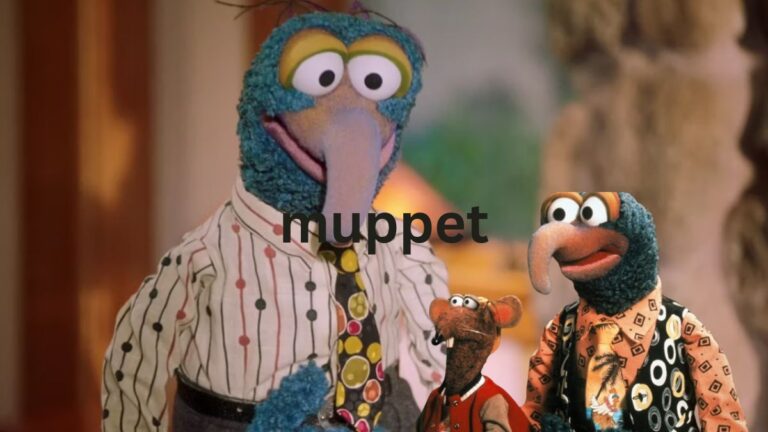
The entertainment industry is a major influence on culture and society, but it often grapples with controversial issues that spark debate and reflection. These controversies range from representation and content to the treatment of those within the industry. This article delves into some of the most pressing and contentious issues in entertainment, exploring their implications and the ongoing discussions surrounding them.
Representation and Diversity
Racial and Ethnic Representation: The lack of diversity and accurate representation of different racial and ethnic groups in entertainment has been a long-standing issue. Stereotyping and whitewashing, where white actors are cast in roles meant for people of color, have sparked significant backlash. Efforts like #OscarsSoWhite have highlighted the need for more inclusive casting and storytelling.
Gender Representation: Gender inequality persists in the entertainment industry, with women often underrepresented and typecast into stereotypical roles. Issues like the gender pay gap and the lack of women in key creative and leadership positions have gained attention. Movements such as #MeToo have also brought to light the pervasive sexual harassment and abuse within the industry.
LGBTQ+ Representation: Representation of LGBTQ+ characters and stories has improved but remains inconsistent. Misrepresentation and lack of visibility contribute to the marginalization of LGBTQ+ individuals. There is a push for more authentic and diverse portrayals that go beyond tokenism.
Content and Censorship
Violence and Graphic Content: The portrayal of violence and explicit content in movies, television, and video games has raised concerns about its impact on viewers, particularly children and adolescents. Debates revolve around whether such content contributes to real-life violence and desensitization, and how it should be regulated.
Moral and Ethical Standards: Content that touches on sensitive issues such as religion, politics, and social norms can provoke strong reactions. The balance between creative freedom and societal standards often leads to calls for censorship or, conversely, for the defense of free expression.
Cultural Appropriation: The use of elements from marginalized cultures by those outside that culture, often without permission or understanding, has led to accusations of cultural appropriation. This issue is particularly contentious in fashion, music, and film, where cultural symbols and practices can be commercialized and misrepresented.
Industry Practices
Labor Rights and Conditions: The entertainment industry has faced criticism over labor practices, including long working hours, inadequate compensation, and unsafe working conditions. This is especially prevalent among behind-the-scenes workers, such as set crews and animators.
Intellectual Property and Piracy: The protection of intellectual property rights versus the ease of access to pirated content is a significant issue. While creators and studios argue for strict enforcement to protect their work, others advocate for more accessible and affordable content distribution.
Monopoly and Industry Control: The concentration of power within a few major entertainment companies raises concerns about monopolistic practices and the lack of diversity in content and opportunities. This centralization can stifle independent creators and limit the variety of available content.
Social Impact
Influence on Behavior and Values: The entertainment industry significantly influences societal values and behaviors. Concerns about the portrayal of unhealthy body images, substance abuse, and risky behaviors have led to calls for more responsible content creation.
Privacy and Surveillance: The rise of digital entertainment platforms has brought issues of privacy and data surveillance to the forefront. Companies’ collection and use of personal data for targeted advertising and content recommendations raise ethical and legal questions.
Environmental Impact: The production of films, television shows, and other entertainment content can have a substantial environmental footprint. There is growing awareness and effort to adopt sustainable practices within the industry.
High-Profile Controversies
Scandals and Misconduct: High-profile scandals involving celebrities and industry figures, such as allegations of sexual harassment and abuse, can overshadow their work and lead to broader industry reforms. The #MeToo movement is a notable example of how such controversies can drive significant change.
Political Statements and Activism: When entertainers use their platforms to make political statements or engage in activism, it can polarize audiences. While some support this use of influence for social good, others believe entertainers should remain apolitical.
Awards and Recognition: The criteria and fairness of major entertainment awards, such as the Oscars and the Grammys, often come under scrutiny. Accusations of bias, lack of diversity, and failure to recognize deserving work are common criticisms.
Conclusion
The entertainment industry is a powerful and influential sector that is continuously evolving. While it provides immense value and joy to audiences worldwide, it also faces numerous controversial issues that reflect broader societal challenges. Addressing these controversies requires a commitment to ethical practices, inclusivity, and a balance between creative freedom and social responsibility. As the industry continues to navigate these complex issues, ongoing dialogue and reform are essential to fostering a more equitable and conscientious entertainment landscape.


